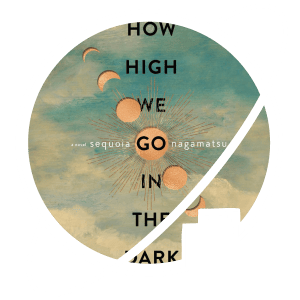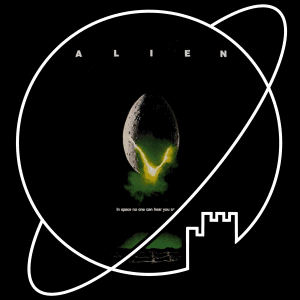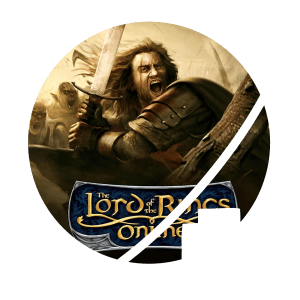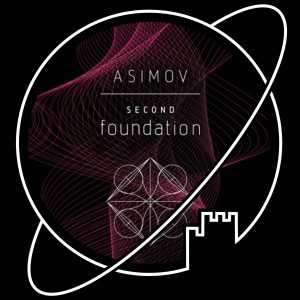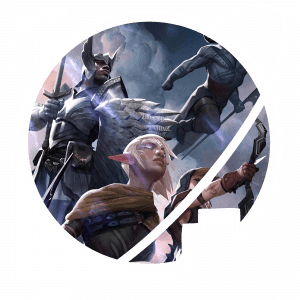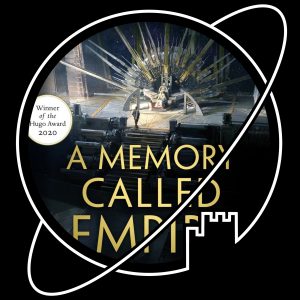- Novel written by Jeff Vandermeer
- Published in February 2014
- Part 1 of the Southern Reach Trilogy


Listened to the audiobook with Carolyn McCormick. I feel she was perhaps part of why I didn’t like this book at all; quite often she didn’t really get the stresses right in her sentences, which didn’t work that well for the type of book Annihilation is.
I had a feeling I wasn’t going to like Annihilation, but after it was ceaselessly recommended to me by the audiobook app for years, I eventually caved.
I regret that lack of spine.
Annihilation is weird and surreal. Vandermeer leans into that: he doesn’t do a whole lot of worldbuilding, but just drops you straight into the action, leaving pretty much every aspect of the world mysterious.
That could be an exciting way to start a novel, but the problem is that Annihilation feels like an empty book. Borrowing a metaphor from George R.R. Martin, Annihilation very much feels like a heap of ice on a raft: from a distance it looks like an iceberg with a tonne of ice below the surface, but actually there is nothing there.
The mysteries keep building, but they never get resolved. To be fair, I never got the feeling that Vandermeer intended to resolve his mysteries. But that meant I was not the least bit invested in them. It felt like anything could happen at any time, and there were no rules and logic to the world. As a result, I just checked out of the story.
I don’t think that Vandermeer doesn’t have potential. For a book in which so little actually happens, Annihilation is nicely paced. I liked the flashback structure building up the protagonist’s character and some of the world. I liked some of the more minimalist choices Vandermeer made (for example, his decision not to name any characters). But despite all that, I felt like I just didn’t get what was supposed to make Annihilation good.
I usually write my review before going online and seeing what others think about a book. Indeed there are absolutely lyrical reviews of Annihilation online, people who read through the book crying in a single sitting.
I admit I raised an eyebrow at that, but I do understand that that is what Vandermeer was probably trying to achieve. I feel that Annihilation relies heavily on atmosphere and emotion to carry the reader through long passages of what is essentially really simple things happening.
I, however, never got into the atmosphere or emotion because of Vandermeer’s pretentious style. I am probably being a bit harsh here, but I sometimes felt like Annihilation was written by 14-year-old with a thesaurus next to his keyboard. There were whole passages that were probably meant to evoke emotions and elevate the story to a literary level, but felt more like a meaningless soup of big words strung together to me.
As a result, there wasn’t really a lot for me to take away from this book. Unfortunately, to me, the best thing about Annihiliation is that it doesn’t last very long.
The ending of this book is pretty open, but I won’t be spending my time on the next instalments in the Southern Reach-trilogy. Perhaps I’ll read a couple of summaries online to see how the mysteries wind up. Maybe I’ll watch the movie adaptation to see if it succeeds at building atmosphere any better than the book.
In conclusion, I think Annihilation is going to be pretty divisive, but there is a relatively simple test: read a couple of pages, and if the prose is to your liking, you might be sucked in and enjoy the book. If you get annoyed by the unnecessary use of sophisticated synonyms… you’d better try something else instead.







